I'm an impulsive baker, which means that the instructions to "bring ingredients to room temperature" make me want to kick myself for not thinking ahead. Sure, some ingredients like milk or water you can heat up, but that means messing up an extra pot or pan.

If you've planned ahead, you'll set these ingredients outside so they can lose that refrigerated chill.
Butter, meanwhile, is its own beast, and waiting for a stick or even sliced-up butter to soften is an exercise in frustration. And eggs are surprisingly good at staying cold for a long, long time.
Never fear. Once you know these essential hacks, you too can decide to bake cookies at 10 p.m. and still be in bed by midnight.
How to Warm Up Eggs
One of the prerequisites to making a great omelet the French way is to have room-temperature eggs. I can't remember where I picked up this tip, but it's so beautiful in its simplicity that I use it all the time.
Run very, very warm, but not hot tap water into a bowl. Place your cold eggs into the water gently. Wait five to seven minutes. Remove. You now have room temperature eggs. You don't want very hot water because dropping cold eggs into that extreme temperature change might make the shells crack, which would make your eggs leak, and that would be so sad.

This tricks gets those eggs from cold to room temperature in a jiffy.
Give Liquids the Same Treatment
Now, you could microwave liquids like milk and water to warm them up, but that method can be a little hit-or-miss. I use a variation on the egg method instead. I place the liquid in a tall glass, then set it in a bowl of hot tap water. Most drinking glasses are sturdy enough to withstand the temperature change. If you're warming up eggs and liquid simultaneously, they can also just all share the same bowl.
If you can, cover the glass to keep the heat inside. It usually takes about seven to ten minutes to get that liquid to room temperature.
Taking the Chill Off Butter
Ah, butter: you are so beautiful, but a proper biznatch to bring to room temperature quickly. Leaving it on the counter takes too long. Microwaving it can be iffy and turn it into a giant puddle.

Seriously, that's one good-looking block of butter.
The answer comes to us courtesy of Cassandra Kent, author of Household Hints and Tips. Microwave a large glass/ceramic bowl with a little water in it, remove the water, and invert the bowl over the stick of butter. You get softened butter and it's pretty much foolproof.
You can also see the video from The One Pot Chef below, who uses a slight variation of the same method (via Lifehacker).
Other Ways to Soften Butter
The classic method to soften butter is to cut it up into cubes and leave it on the counter close to (but not on) the stove. Small pieces will take less time to get to room temperature. If you've got a microwave with a setting to specifically soften butter, then by all means, use it.
This next method is great if you need softened butter right away and have some aggression to get out. Put a stick of butter in a plastic bag, and then whale on it with a rolling pin, small pan, or meat mallet. The Kitchn says that after softening straight-from-the-fridge butter in this fashion, it only takes minutes for it to become room temperature. Watch this video from America's Test Kitchen to see how it's done.
Need to Soften a Little Bit of Butter?
What if you only need a small amount of softened butter, like to put on toast? Well, no problem: you can grate it or use a cheese slicer. You can go the extra mile and make your own spreadable butter so you never have to encounter this problem again.
Cover image via 2 Small Kitchens









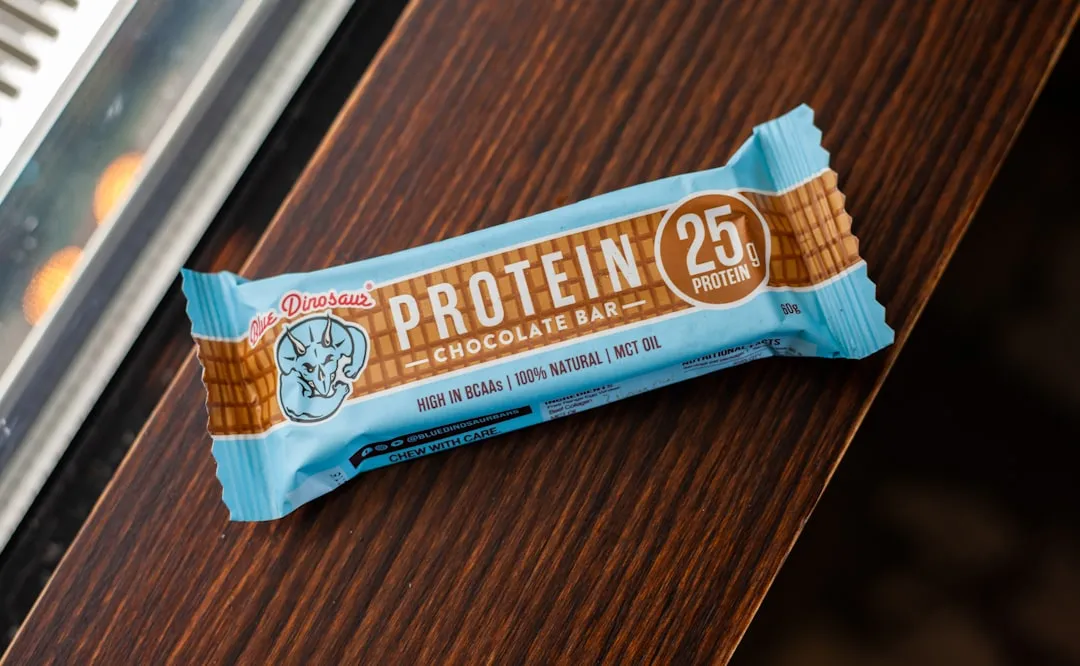





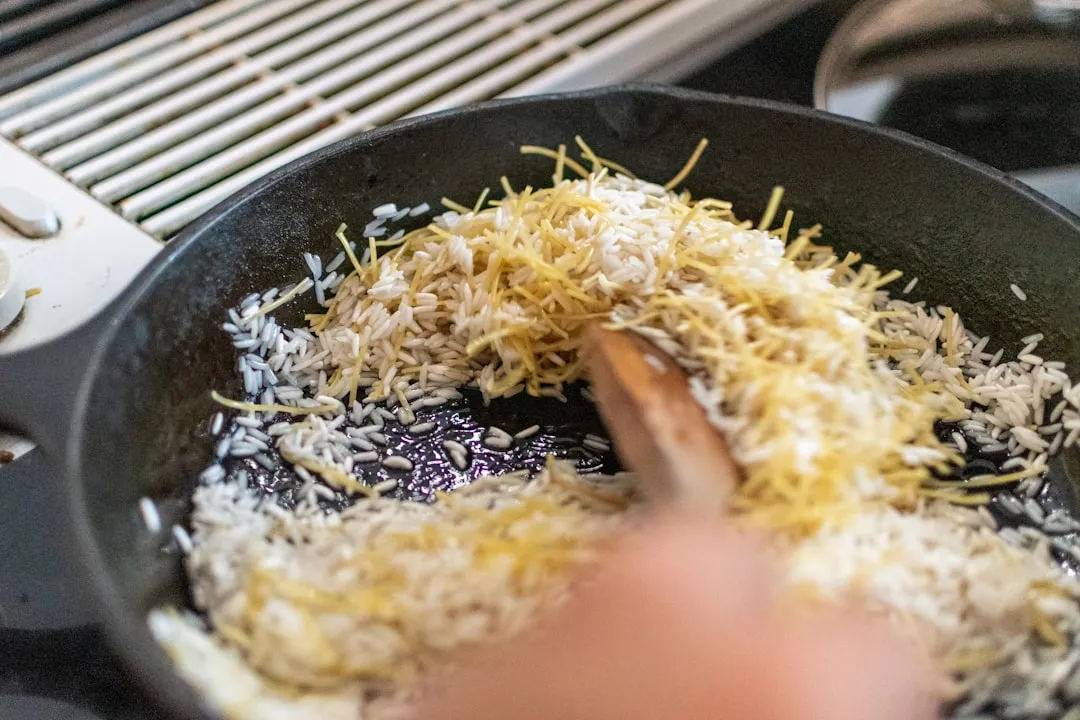



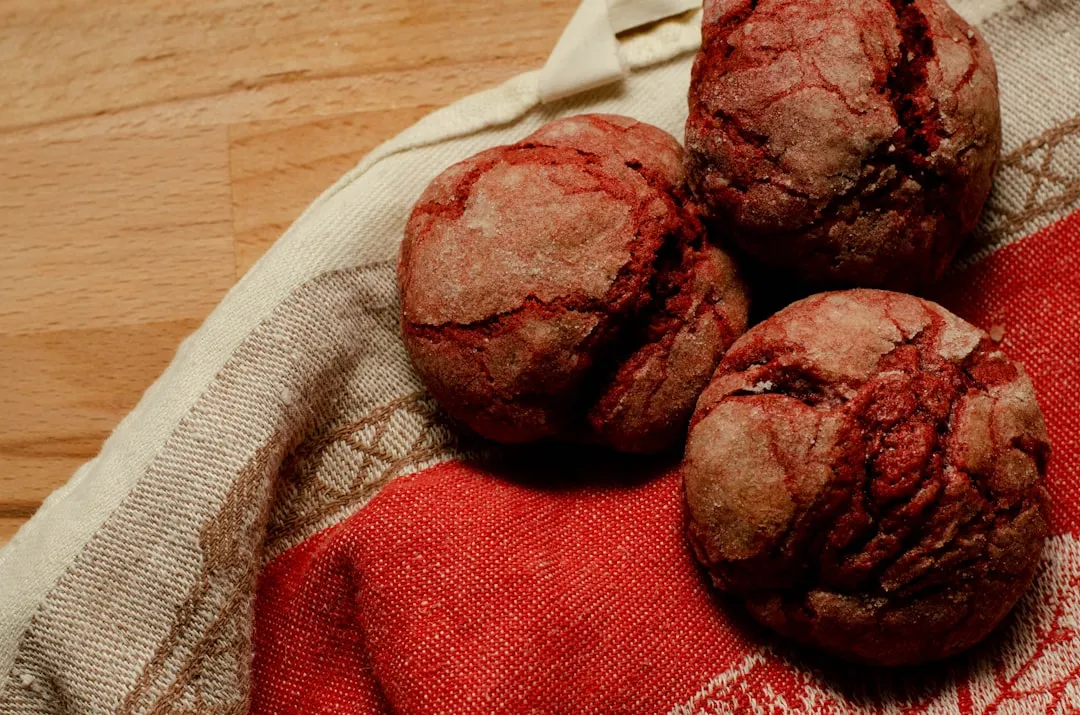


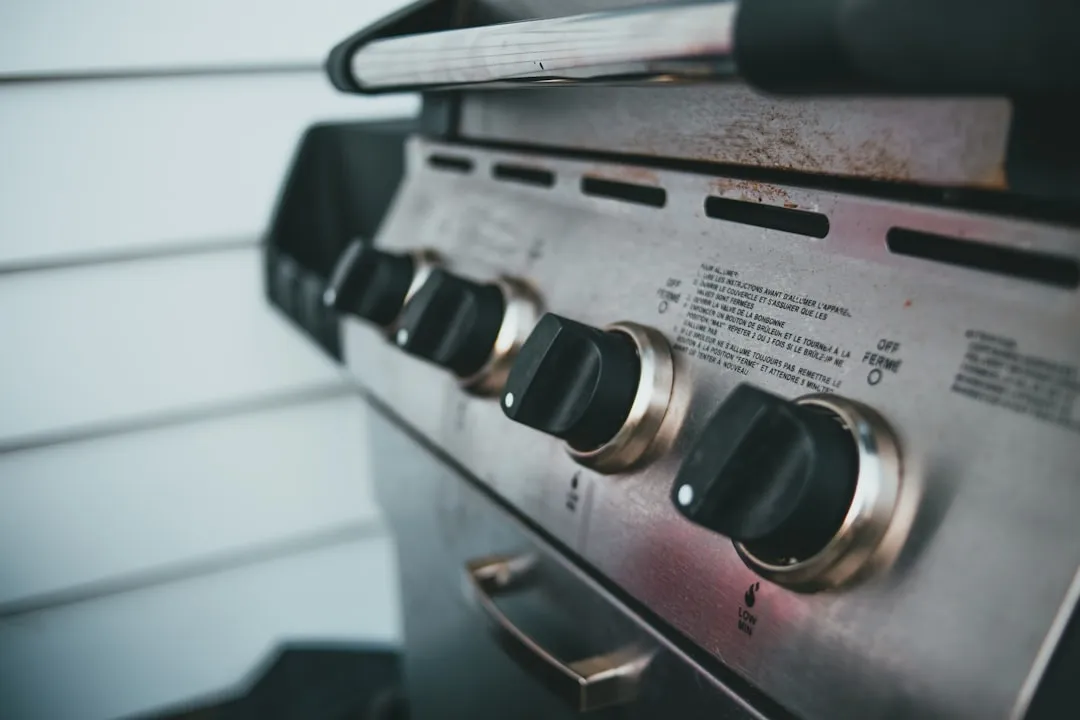
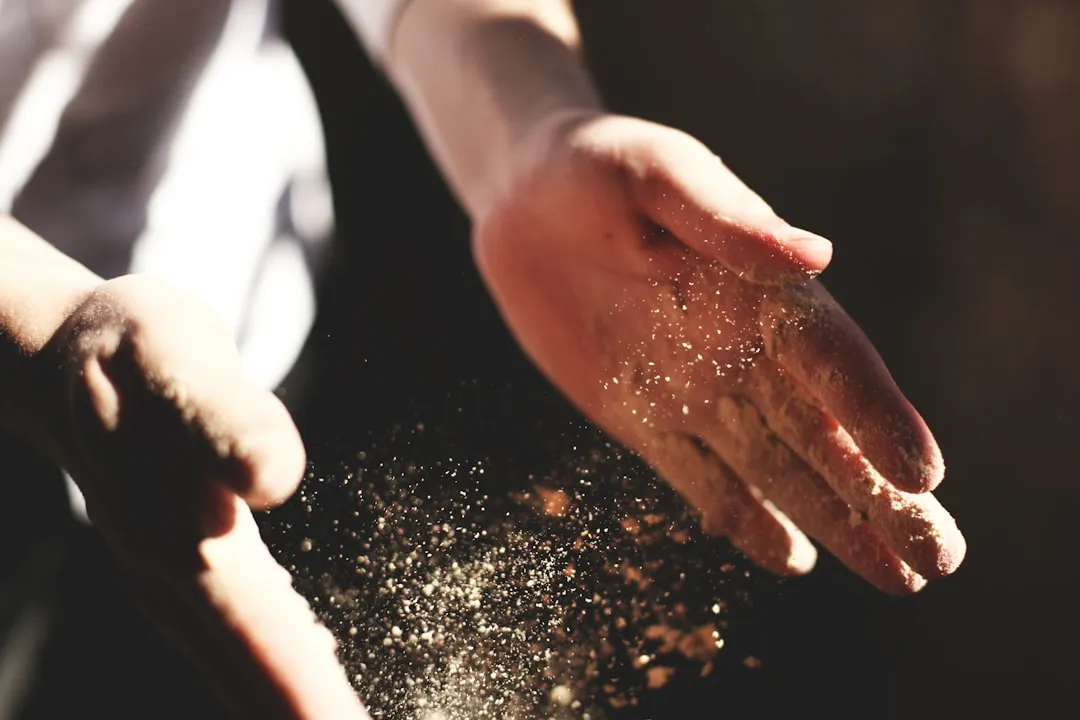

Comments
Be the first, drop a comment!